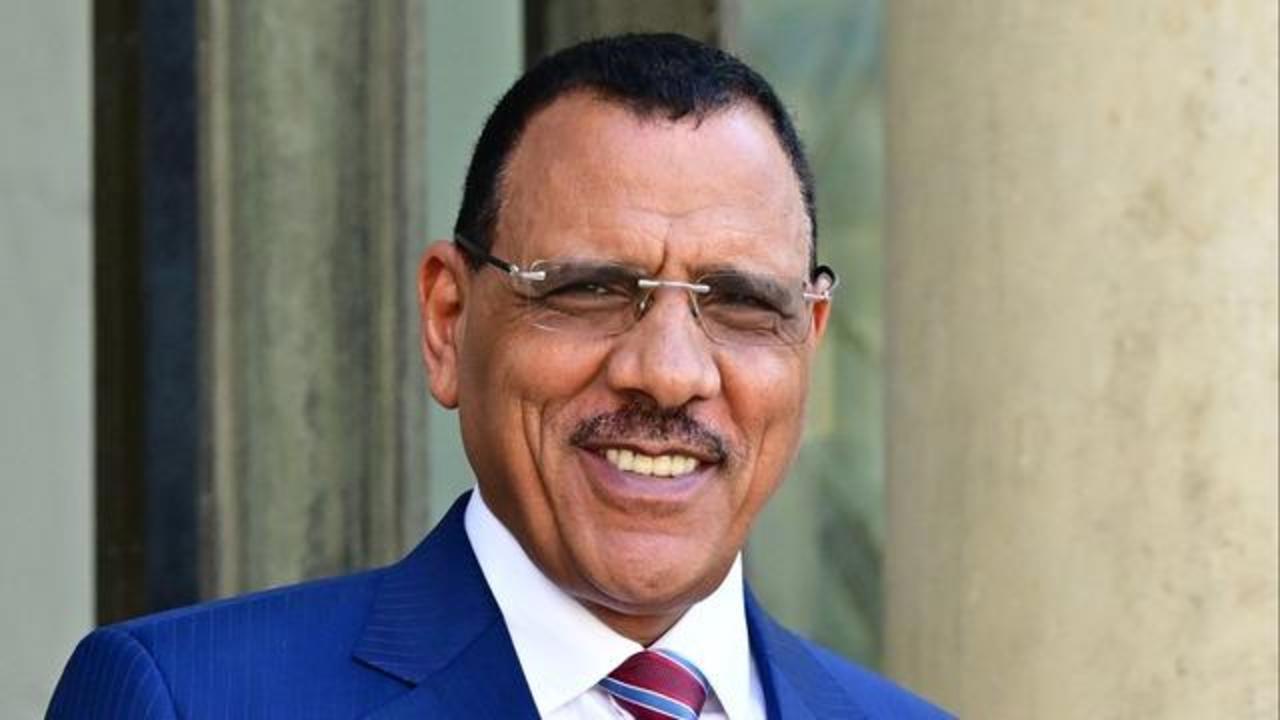Niger Junta Set to Prosecute Ousted President Bazoum for ‘High Treason’

Niger Junta Set to Prosecute Ousted President Bazoum for ‘High Treason’
In a stunning turn of events, the junta that assumed control of Niger following a military coup earlier this year has announced its intention to prosecute the ousted President, Mohamed Bazoum, on charges of ‘high treason.’ This unexpected move has sent shockwaves through the nation and raised concerns about the future of democracy in the West African country.
The junta, which seized power in a swift and bloodless coup, has accused Bazoum of undermining the constitution and attempting to cling to power through unconstitutional means. The decision to bring him to trial for ‘high treason’ has further fueled the political turmoil that has gripped Niger since the coup took place.
The announcement of Bazoum’s impending trial was met with mixed reactions from the citizens of Niger. Supporters of the junta view it as a necessary step to hold the former leader accountable for his alleged transgressions against the democratic order. On the other hand, Bazoum’s loyalists see it as a power grab by the military, fearing that the trial might be a façade for consolidating the junta’s grip on power.

The ousted president, who was democratically elected just a year before the coup, has vehemently denied the allegations of high treason. In a recorded statement released from an undisclosed location, Bazoum declared his innocence and accused the junta of dismantling the democratic institutions that he had worked to establish during his short-lived tenure.
The trial itself is likely to be a closely watched affair, with both national and international eyes trained on the proceedings. The junta has expressed its commitment to a fair and transparent trial, but skepticism remains given the context of the coup. The trial’s outcome could significantly shape the country’s political landscape, affecting its relationship with other nations and regional organizations.
Niger, a country that has struggled with political instability and poverty, had shown promising signs of progress under Bazoum’s leadership. His administration had been working to address key challenges such as security concerns stemming from terrorist groups and economic hardships faced by many Nigeriens. However, his alleged attempts to hold onto power beyond his constitutional mandate led to widespread protests and, ultimately, the military intervention that toppled his government.
The junta’s decision to prosecute Bazoum is seen by some experts as a calculated move to prevent the former president from potentially rallying support and destabilizing their rule. It underscores the junta’s determination to assert its control over the nation’s political narrative and maintain a strong grip on power. This has left Nigeriens and the international community wondering whether the trial will truly serve justice or merely serve as a political tool.

As preparations for the trial unfold, regional leaders and international organizations have begun to weigh in on the situation. The Economic Community of West African States (ECOWAS) has expressed concerns about the situation in Niger and called for a peaceful resolution. ECOWAS has a history of intervening in regional conflicts to uphold democratic norms and protect political stability.
The trial’s outcome could potentially lead to further divisions within Niger’s society. The country is home to a diverse range of ethnicities and cultures, and the current political turmoil threatens to exacerbate existing tensions. The junta’s insistence on prosecuting Bazoum for ‘high treason’ could deepen the fault lines and hinder efforts to promote unity and reconciliation.
Amidst the uncertainty and tensions surrounding the trial, it is essential for Niger’s leaders to consider the long-term consequences of their actions. The country stands at a crossroads, where the choices made today could shape its trajectory for years to come. A genuine commitment to justice, fairness, and inclusivity is crucial to prevent further polarization and division within the nation.
As international pressure mounts, the junta’s actions and the trial’s proceedings will be closely scrutinized by neighboring countries, regional organizations, and global powers. The outcome could have ripple effects beyond Niger’s borders, influencing perceptions of stability and democratic governance in the broader West African region. The international community’s response and engagement will play a pivotal role in either reinforcing democratic principles or sending a message that military interventions could go unchecked.

In the end, Niger’s journey towards a stable and democratic future remains uncertain. The trial of Mohamed Bazoum serves as a litmus test for the junta’s commitment to upholding the rule of law and ensuring justice prevails. It is a test that will determine whether the country can transcend its current challenges and emerge as a stronger, united, and democratic nation or if it will succumb to further political turmoil and instability.
In conclusion, the junta’s decision to prosecute ousted President Bazoum for ‘high treason’ has sent shockwaves through Niger and raised critical questions about the country’s democratic future. The trial will undoubtedly be a defining moment for the nation, determining whether justice is truly being pursued or if the proceedings are merely a means for the junta to consolidate its power. As the trial unfolds, the eyes of the world will be on Niger, watching how the nation navigates the complex path towards stability, accountability, and democracy.




